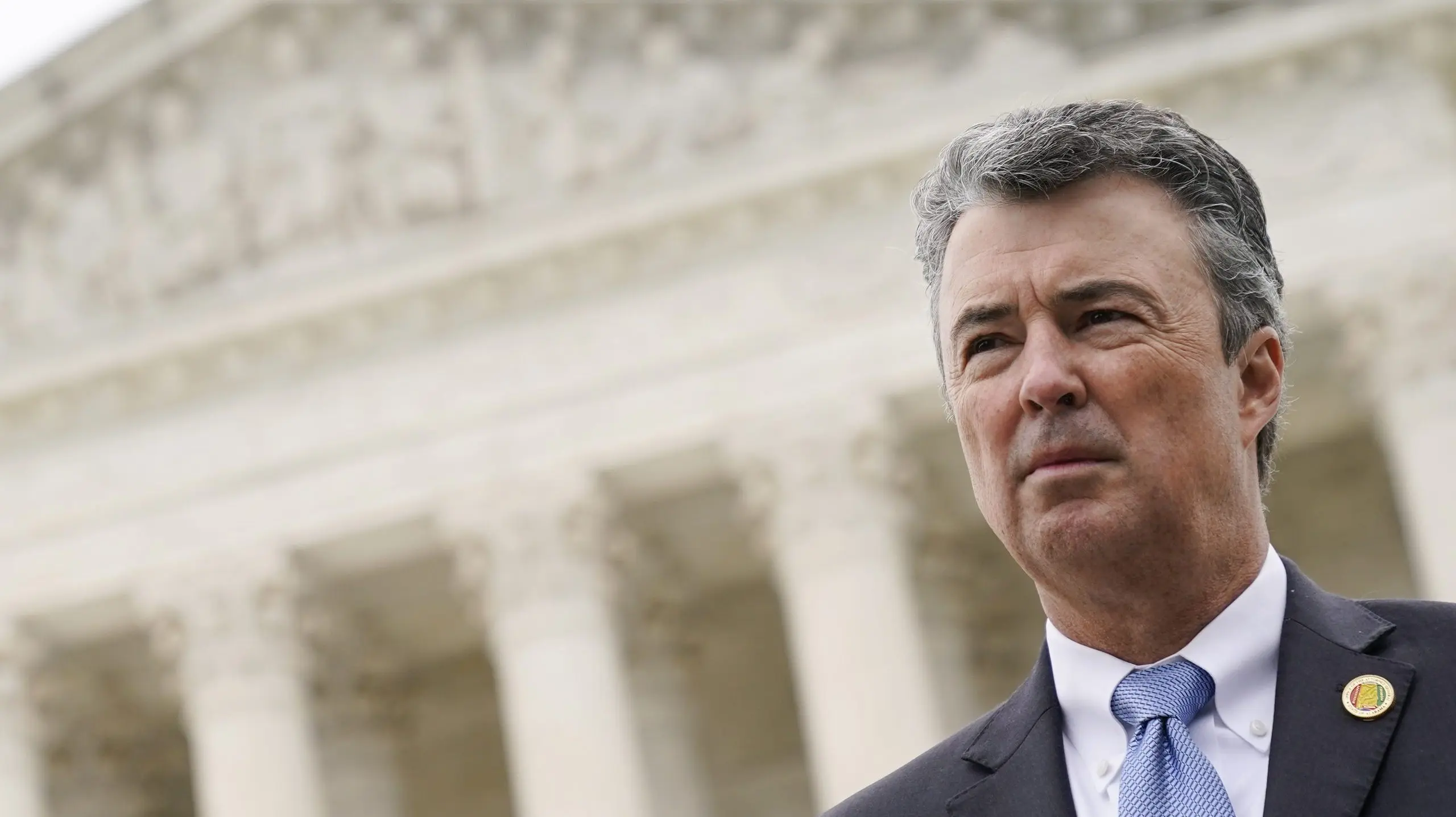|
Getting your Trinity Audio player ready...
|
The clash between Alabama officials and the Biden administration over Title IX updates illuminates the deep-seated tensions surrounding gender identity, civil rights, and state autonomy in the United States. Alabama Attorney General Steve Marshall’s staunch opposition underscores broader conservative concerns about federal encroachment on state prerogatives, particularly in sensitive domains like education.
By resisting the expansion of Title IX protections to encompass gender identity and sexual orientation, Marshall and his allies are framing the issue as a matter of preserving the original intent and scope of the legislation. They argue that redefining “sex” to include gender identity risks diluting the law’s effectiveness and potentially infringing upon traditional conceptions of gender roles, particularly in areas like single-sex spaces and sports.
The legal battle, spearheaded by Marshall in concert with other states, underscores the broader pushback against what is perceived as federal overreach. This resistance reflects ongoing debates over the proper delineation of authority between the federal government and individual states, especially in contentious social and cultural arenas.
Meanwhile, the guidance issued by Marshall and State Education Superintendent Eric Mackey signals a proactive approach to navigating the legal and practical ramifications of the impending Title IX updates. By advising public schools to refrain from implementing the new rule pending further clarification and legal resolution, they aim to shield Alabama’s educational institutions from potential conflicts with existing state laws while signaling their commitment to upholding state sovereignty.
Overall, the Alabama controversy over Title IX exemplifies the intricate interplay between federal policy, state autonomy, and deeply held ideological convictions in shaping the landscape of civil rights and social policy in the United States. As the legal battle unfolds and national debates continue, the outcome of this conflict is likely to have far-reaching implications for the future of gender equality and educational equity in the country.























































